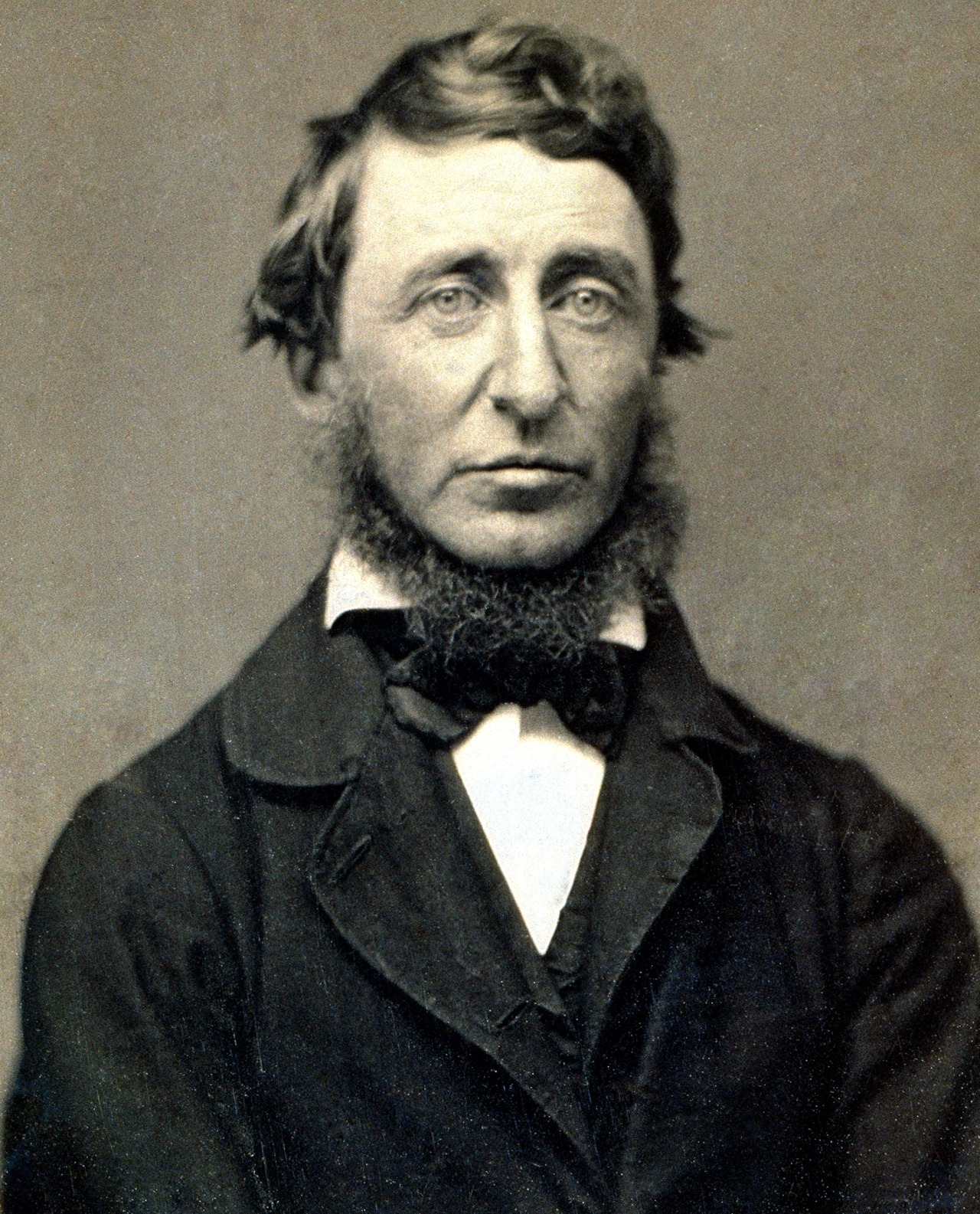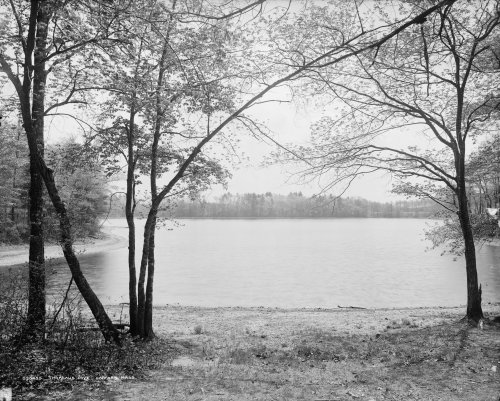
Examples of climate change often seem pulled from faraway spots – places like Northern Alaska, Canada, or the mountains of Europe.
But what about southern New England?
Richard Primack, a biology professor at Boston University, said the region’s many libraries and universities can yield a rich history of environmental records, which give long-term clues to what New England’s climate used to be like, and how it’s changing.
Speaking on WNPR’s Where We Live, Primack says one basis of comparison for that shift can be found in the writings of naturalist Henry David Thoreau (pictured above).
“We began making very detailed observations in 2004 and we were attempting to repeat, as closely as possible, the observations that Thoreau made around Walden Pond, and elsewhere in Concord from 1851 to 1858,” Primack said. “What we began to see very quickly was that plants, in particular, were flowering earlier than in Thoreau’s time.”

Primack published on what he described as “record-breaking early flowering” in the Eastern United States a few years back in the journal PLOS One.
About a quarter of the wildflower species Thoreau and other botanists documented in Concord (around places like Walden Pond, pictured above) can no longer be found there, Primack said. Losses were even higher for groups of flowers like orchids.
And while Thoreau didn’t keep records on insects, Primack said lots of other people did, and warmer weather means a lot of things are blooming and emerging earlier than they used to.
“We have very extensive records of butterfly emergence times - and records of [bees] flying in the spring,” Primack said. “What these records all show us is that bees and butterflies, and probably other insects, are also responding to temperature … both the insects and the plants are shifting, quite dramatically, earlier.”
Primack said historical records indicate something that else that isn’t terribly surprising, too – as the air temperature rises, water is getting warmer.
“This is having impacts for fish populations,” Primack said. “So for example, trout like very cold water and, as the temperatures warm up, a lot of the bodies of water, which were suited for trout fishing for example, are no longer going to be suited for that because the temperatures are getting too warm for them.”
Listen to the full program on WNPR: Climate Change Poses New Challenges for New England’s Native Species / NPR: Understanding Climate Change, With Help From Thoreau
(Image Credit: Wikimedia Commons)
Notes
thereisafishinthepercolator reblogged this from thebeakerblog
thebeakerblog posted this

Comments